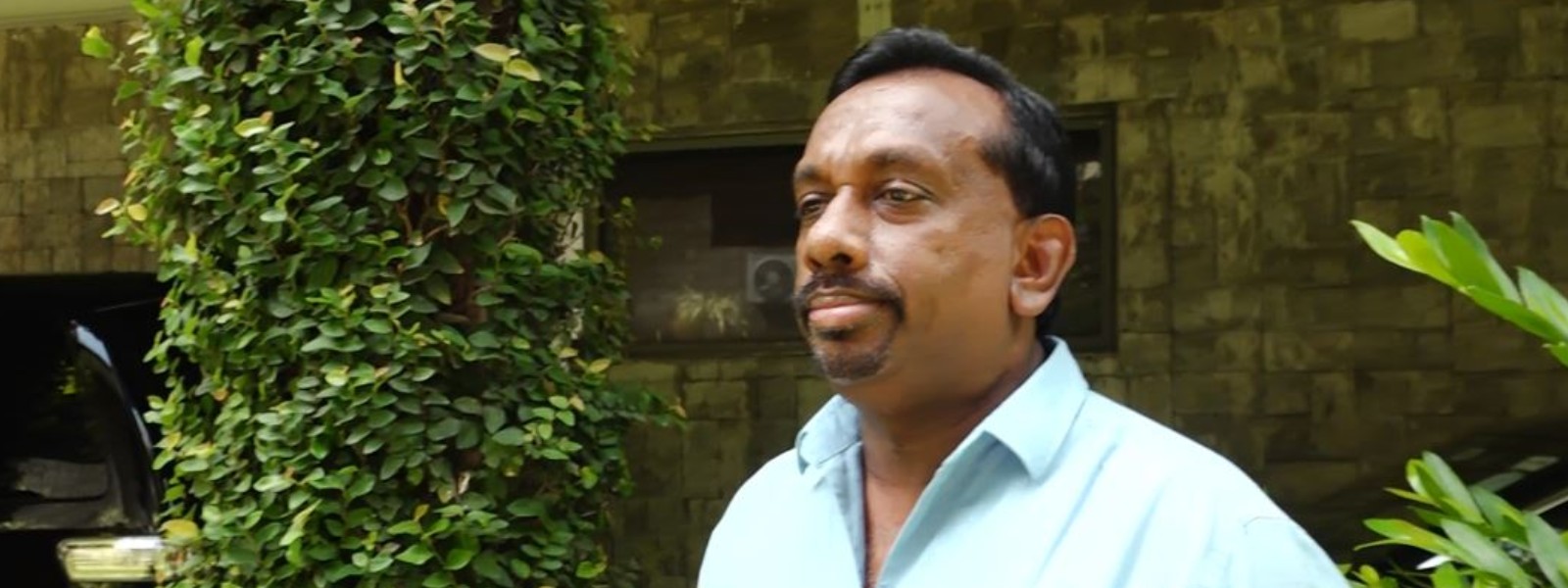.webp)

Indian Air Force to fly Nano Nitrogen Fertilizer to Sri Lanka - Agri Minister
COLOMBO (News 1st); Nano Nitrogen Fertilizer will reach Sri Lanka on Monday (1) night aboard six aircraft from India, said Sri Lanka's Agriculture Minister Mahindananda Aluthgamage.
"As there will be a delay in shipping them to Sri Lanka we reached out to the Indian Air Force to airlift the fertilizer consignments," he said adding that the second aircraft with Nano Nitrogen Fertilizer will reach Sri Lanka at 4 PM on Monday (1).
He said the Indian Government has intervened to assist Sri Lanka in addressing the fertilizer issue.
Minister Mahindanada Aluthgamage said that local farmers have already started cultivating on 500,000 hectares of paddy land, while 245,000 hectares are already being prepared for the harvest.
He told a gathering on Monday (1) that by November almost all 800,000 hectares of paddy land in Sri Lanka will be cultivated.
For months, Farmers across many areas in Sri Lanka have been protesting against the shortage of fertilizer in the country.
The ban on chemical fertilisers — widely used in the tea and rice industries — was opposed by farmers who staged protests after reporting failing vegetable crops as existing stocks began to run out within weeks.
The promulgated regulation restricting and banning the import of fertilizers and agrochemicals is leading to widespread concern among Sri Lanka’s farmer community, industry associations, practitioners, and agricultural professionals.
The Sri Lankan Government has also decided only to use organic fertilizer in the country and plans on importing organic fertilizer from overseas.
Sri Lankan soil scientists, however, are raising concerns on the negative impact that organic fertilizer imports could have on the country’s agricultural area, especially the samples that tested for harmful bacteria.
Sri Lanka decided to go with the Indian Farmers Fertilizers Cooperative Limited (IFFCO) produced Nano Urea after previous samples from China had tested positive for the presence of the Erwinia Bacteria, which is harmful to certain cultivations in the country.
Other Articles
Featured News





.png )











-797273_550x300.jpg)


















.gif)